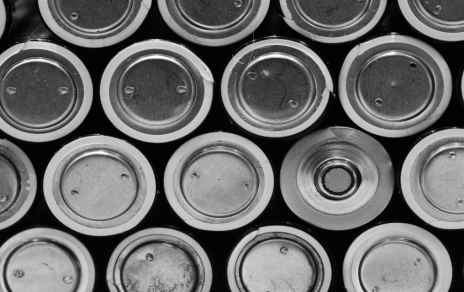London-based Savannah Resources has delayed the expected start date for production of its lithium project in northern Portugal to 2027, it said on Monday, blaming changes in government.
The company, which wants to build four open-pit mines in the Barroso region to extract enough lithium each year for about half a million batteries for electric vehicles, hoped to start production in 2026.
Portugal’s centre-right government ascended to power in March after former Socialist Prime Minister Antonio Costa stepped down over an investigation into alleged illegalities in his government’s handling of lithium and hydrogen projects.
“The change of government has led to a delay of more than half a year in the development of the project,” Savannah said, explaining that access to land was particularly affected.
Savannah said it now expects to deliver its definitive feasibility study in the second half of 2025, with the environmental licensing confirmation completed in a similar timeframe.
“The commissioning and first production from the project could then take place in 2027,” it said.
Legal proceedings have started to allow Savannah temporary access to land it does not currently own to proceed with the required fieldwork on its 840-hectare concession area, the company said.
CEO Emanuel Proenca told an investor presentation in May this year that Savannah had so far acquired over 100 plots, though it is not clear how many hectares that represents.
Data from September 2023 showed Savannah had acquired or was in process of acquiring only 93 hectares.
Savannah reiterated on Monday that it had purchased 100 plots from private landowners.
The company has previously said it would ask the Portuguese government if necessary to authorize compulsory land acquisitions for its planned lithium mines. The government has the power to authorize a compulsory purchase in the public interest.
The project, which has faced strong opposition from local residents and environmentalists, is widely seen as a test for the European Union’s ambition to reduce dependence on countries such as China for key raw materials.
(By Patrícia Vicente Rua, Pietro Lombardi and Catarina Demony; Editing by David Evans)
